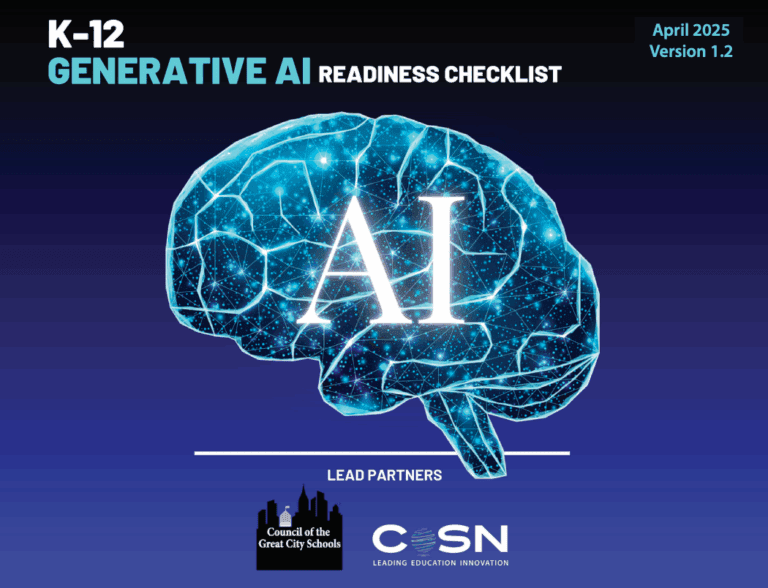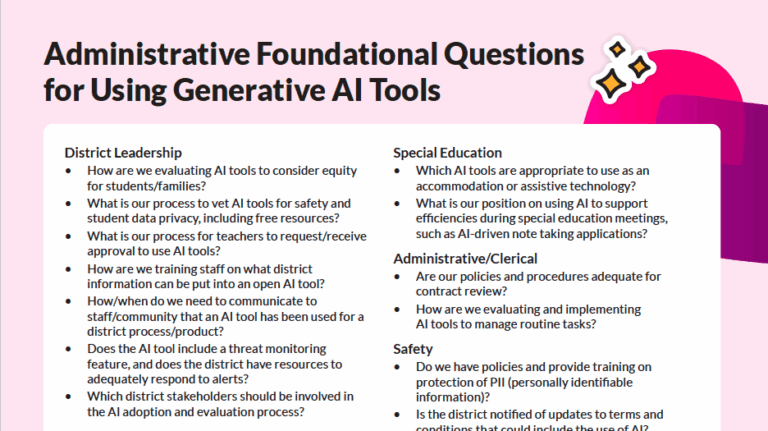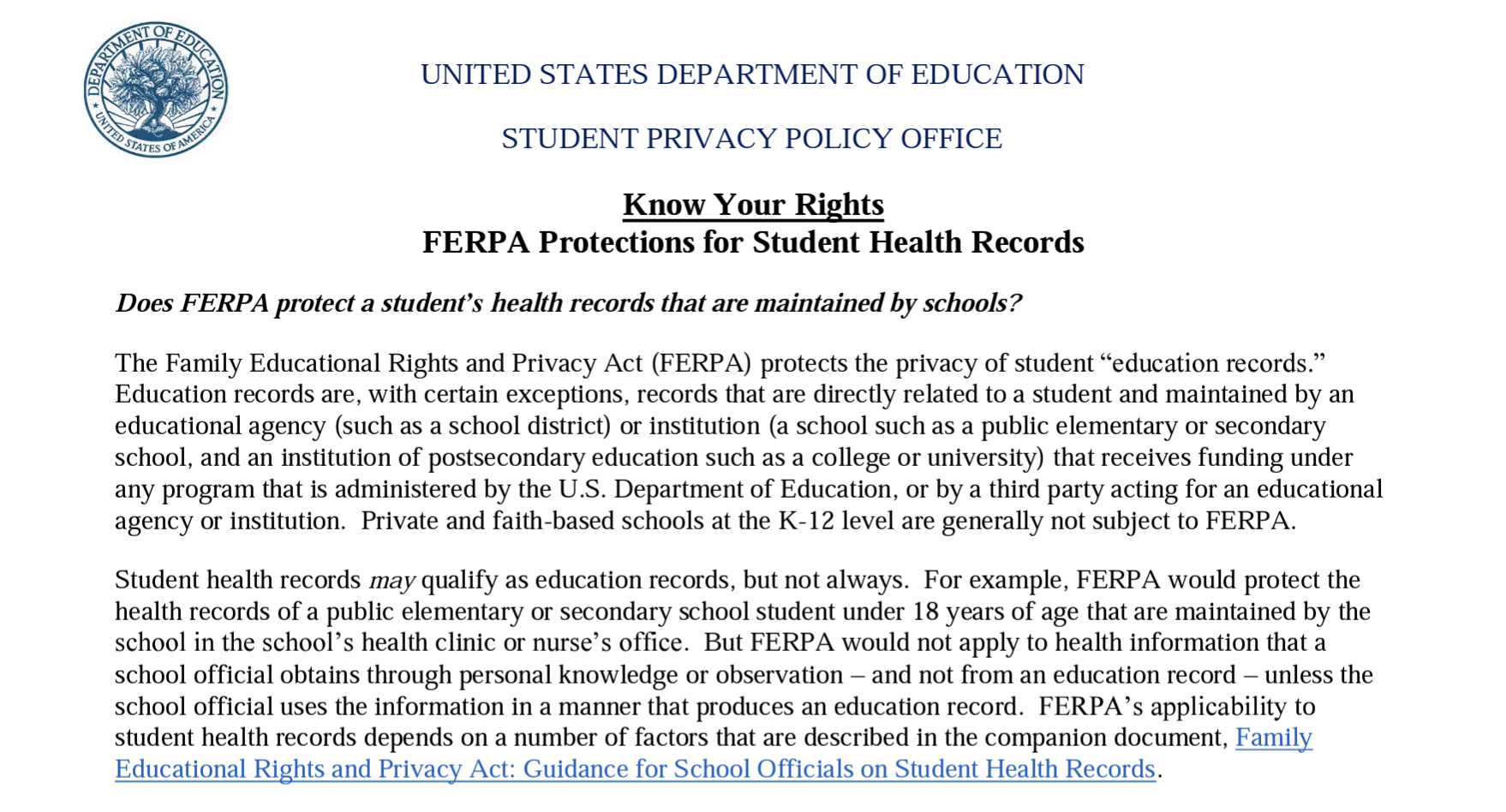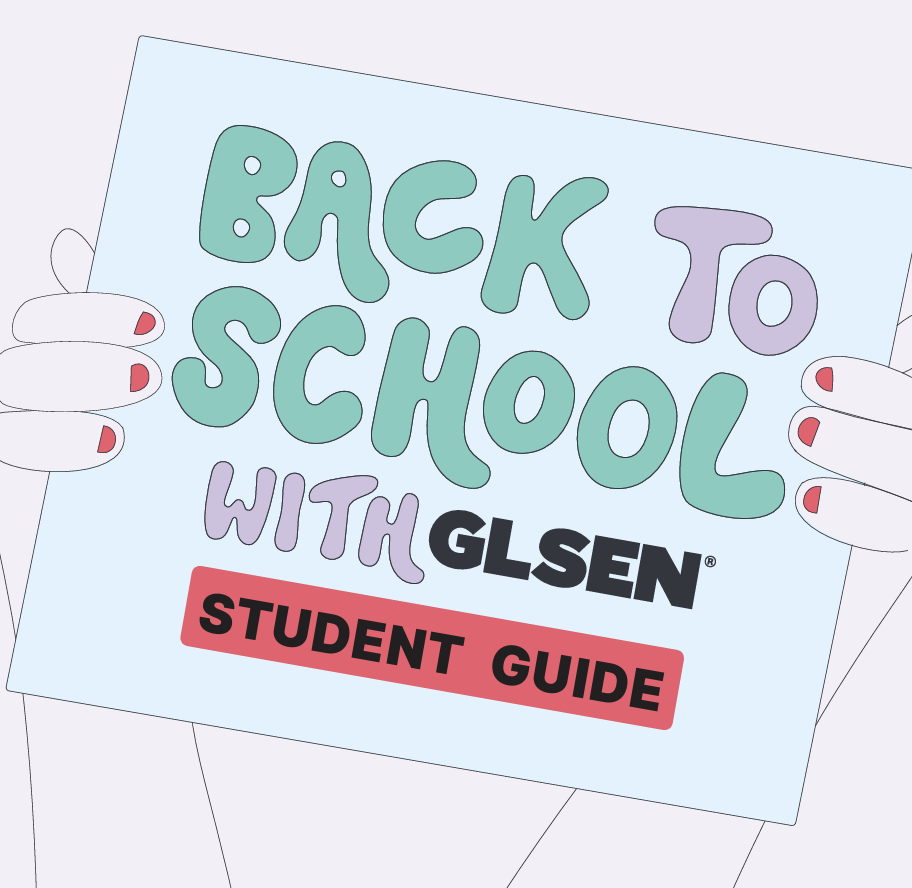This resource is provided by ACSA Partner4Purpose Lozano Smith.
Governor Gavin Newsom signed two new bills into law impacting student truancy and absences for students in grades K-12, including those attending charter schools. Senate Bill 1138 (SB) excuses a student’s absence from school due to military entrance processing, as of January 1, 2025. SB 691 removes punitive language in initial truancy letters sent by schools on or after July 1, 2025.
Senate Bill 1138 — Excuses Military Entrance Processing Absences
California requires students between the ages of six and 18 to attend school full-time, except in specified circumstances (otherwise known as “compulsory education”). If a student subject to compulsory full-time education or compulsory continuation education is absent from school without a valid excuse for more than 30 minutes of instruction on three schooldays during a school year, they must be classified as truant. Existing law identifies valid excuses for a school absence, some of which include illness, court appearances, jury duty, attending a funeral, observation of a religious holiday or ceremony, and other reasons deemed valid by a school administrator.
Effective January 1, 2025, SB 1138 amends Education Code section 48205 to explicitly permit a school district or charter school to excuse a student’s absence from school for military entrance processing (MEP). The military uses MEP to assess applicants’ qualifications to enter a branch of the U.S. armed forces, with the process typically taking one to two days. SB 1138 aims to afford California high school students participating in mandatory MEP the opportunity to avoid potentially adverse consequences for having unexcused absences on their records.
Senate Bill 691—Amends Language in Truancy Notification
When a student is deemed truant, the school must send the parent or guardian an initial truancy letter with the content set forth in Education Code section 48260.5. This currently includes notification that the parent or guardian may be guilty of an infraction and subject to prosecution for continued absences of their student, and a recommendation that the parent or guardian accompany their student to school and attend classes with their student for a day.
Effective July 1, 2025, SB 691 replaces much of the initial truancy notification content with language intended to be collaborative in nature. Under the amended law, notifications will need to state, among other things, that school personnel are available to meet with the student and the family to develop strategies to support the student’s attendance at school, alternative educational programs are available in the school district, and mental health and supportive services may be available to the student and family.
Although SB 691 affects the initial notification, it does not affect the laws permitting prosecution of parents or guardians who fail to comply with applicable truancy laws, nor does it prohibit subsequent notifications from alerting parents and guardians of the potential ramifications of continued truancy. The goal behind SB 691 is to use services, not threats, to increase student attendance through a collaborative, rather than a threat-based, process.
Takeaways
SB 1138 and SB 691 will go into effect January 1, 2025, and July 1, 2025, respectively, and both may require revision to current board policies or administrative regulations to accommodate the changes in the law. Training those responsible for procedures related to absences and initial truancy notification letters is also recommended to ensure compliance.
If you have any questions about SB 691, SB 1138, or school attendance in general, please contact any attorney at one of Lozano Smith’s eight offices located statewide.
































